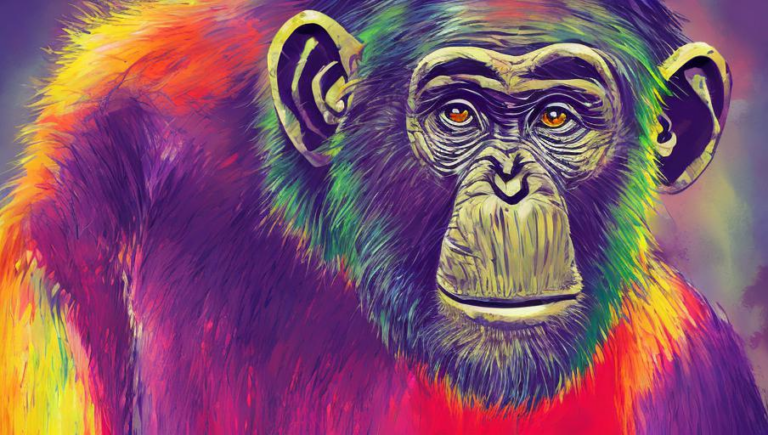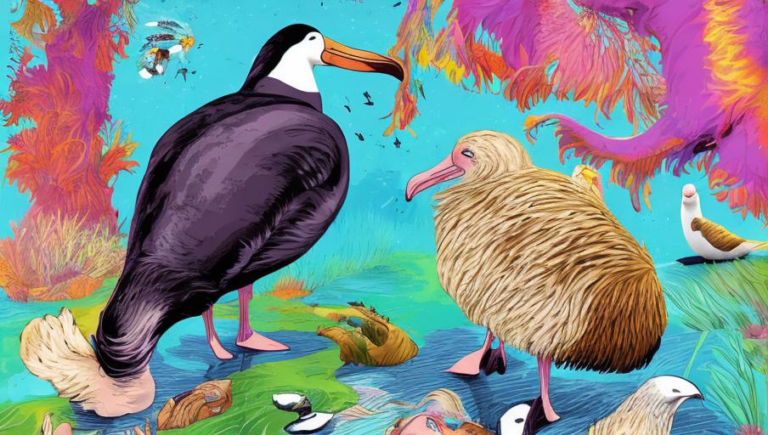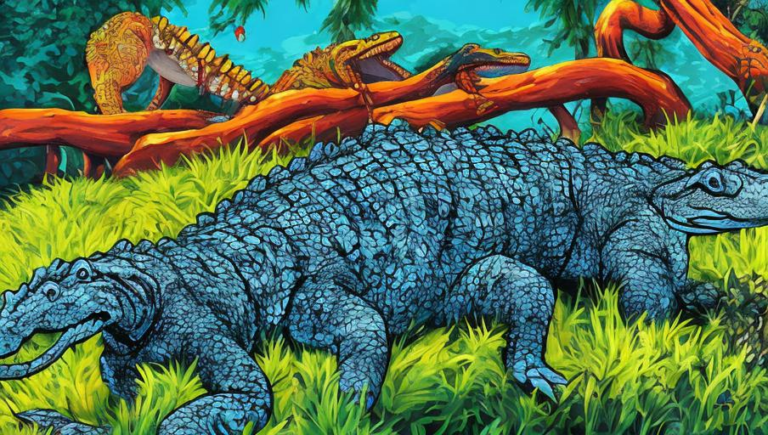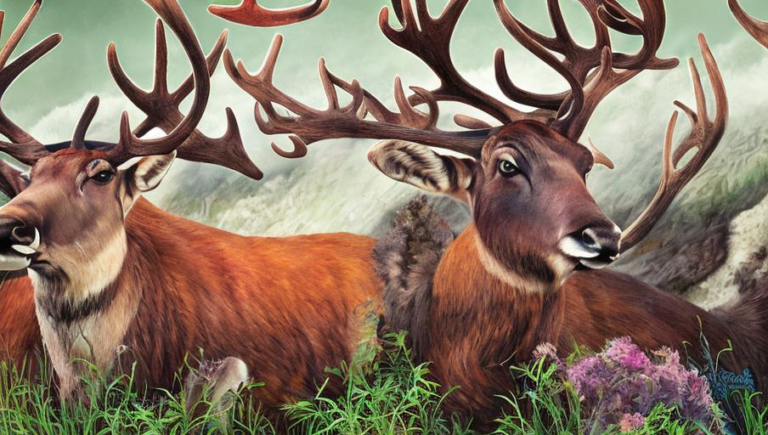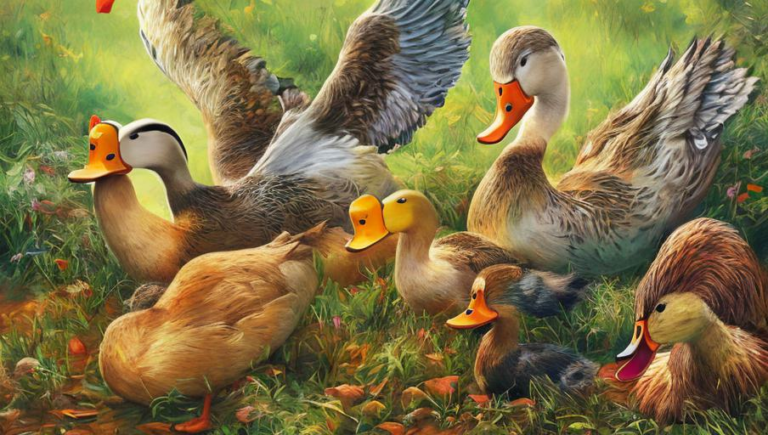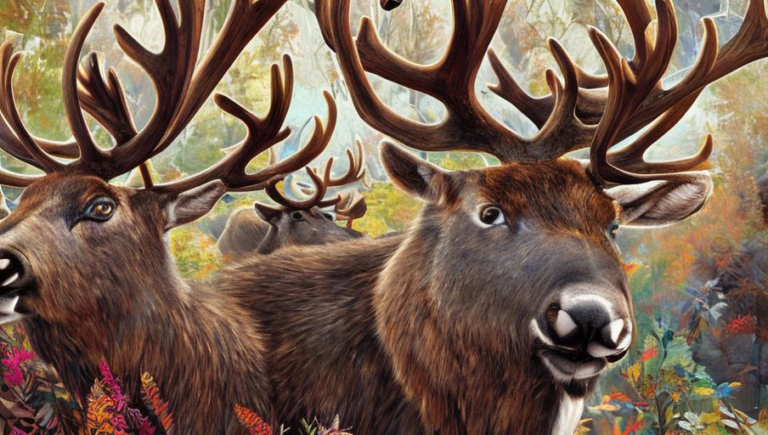Year-Round Protection of the Dotterel Species
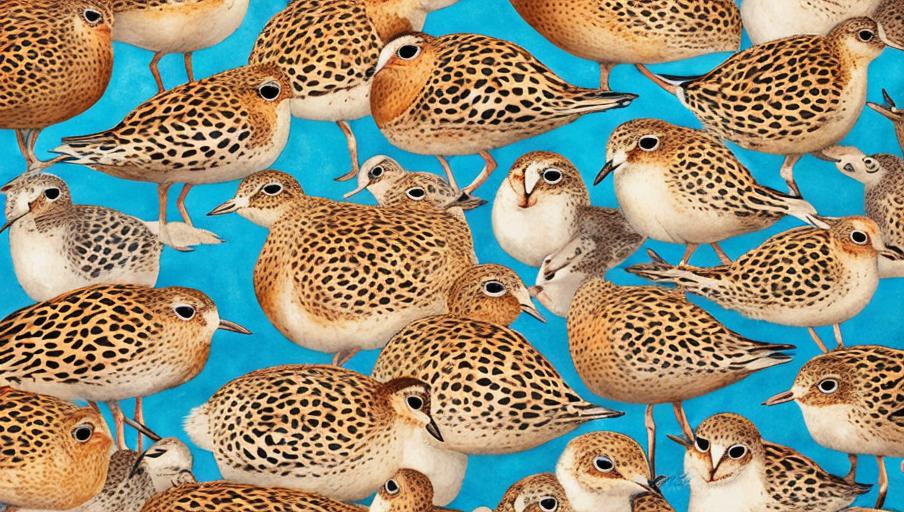
The Dotterel Species
The Dotterel is a small wading bird that is mostly found in grasslands and coastal areas. It is a species of conservation concern due to its decreasing population. The Dotterel is listed as ‘vulnerable’ on the IUCN Red List of Threatened Species. The most significant threats to the species include habitat loss and degradation, as well as human disturbance.
Habitat Loss and Degradation
The Dotterel breeds in grasslands and coastal areas, but its habitats are becoming increasingly fragmented and degraded. This is due to changes in land use, such as conversion into agricultural land, as well as construction of roads, buildings, and other infrastructure. These activities reduce the amount of suitable breeding habitats for the Dotterel, as well as other species that share its habitat.
Human Disturbance
Human activity in and around the habitats of the Dotterel can have a negative impact on the species. This includes recreational activities, such as hiking, camping, and birdwatching, as well as agricultural activities. These activities can disturb the birds, causing them to abandon their nests or leave their territories. Additionally, the presence of humans can cause the birds to become more fearful and reluctant to breed.
Year-Round Protection
In order to protect the Dotterel, year-round protection of its habitats is necessary. This includes setting aside areas of land as protected areas, or designating protected areas in existing habitats. Additionally, it is important to protect the areas around the protected areas, as this will ensure that the species has enough space to breed and thrive.
In addition to protecting its habitats, it is important to reduce the amount of human disturbance in the areas where the Dotterel is found. This can be done by limiting access to certain areas, as well as educating people about the importance of conserving the species.
By protecting the Dotterel’s habitats and limiting human disturbance, we can help ensure its survival for future generations to enjoy.
